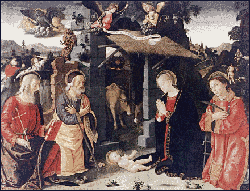Is Competition "Christian"?
Before you give up on this topic half-way through reading, check out this link where Christian scholars develop an initial probing:
http://davefagg.com.au/wp-content/uploads/2010/11/Perspectives-on-Compe…
I started thinking about this in depth by myself just this week, but in research I found that article useful.
 Read
Read  Republished with permission from
Republished with permission from  Read
Read  The full length version of this article appears in the November/December issue of
The full length version of this article appears in the November/December issue of  This article is republished from the archives (December, 2008).
This article is republished from the archives (December, 2008).
Discussion